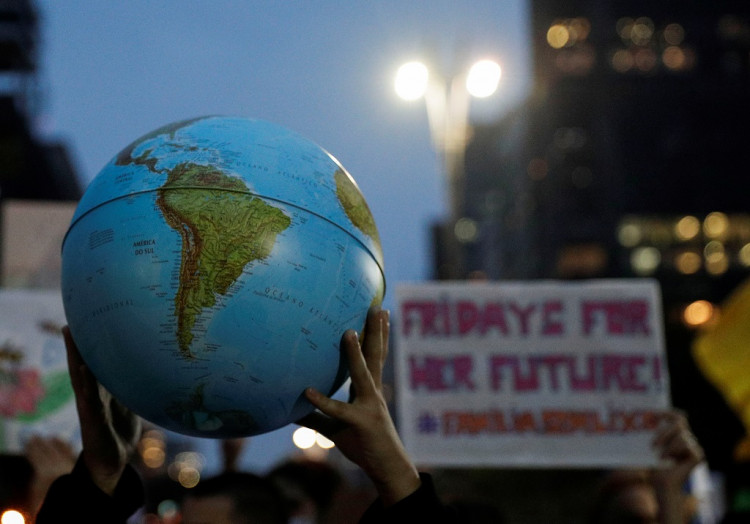There are some efforts today to prove humankind can survive outside Earth. Aside from Elon Musk's plan to send people to Mars, Chairman of Parliament for Space Nation, Asgardia, Lembit Opik intends to continue the human race in space. The latter revealed people should leave Earth due to possible destruction.
Asgardia aims to be the first space nation in the world. It is now finding a way to continue the human race in outer space, aspiring to have the first birth in space and "permanent space habitation."
In an interview with Express, Opik, who is also the former Liberal Democrat MP, predicted the future of the human race. The British politician warned that, although there are worries about Earth's natural resources that could affect the human race, the real problem is the possibility of our planet's destruction from an asteroid.
He also insisted that the possible collision is not a question of if it will happen but instead when it will happen. Although the likeability of extinction may be rare, Opik emphasized that people should leave Earth as soon as possible. "If we don't travel, we die. The clock is ticking," he said.
Opik continued to say that, in this lifetime, a lot of people would probably be killed by an asteroid. Hence, he advised everyone to take his proposed journey. "We have to have colonies; otherwise, when this happens, it's all over," he warned.
So, is there a probability of life on other planets? Cofounder of the Big History Project David Christian said, via Forbes, life might only exist on planet Earth. However, as science progresses, most astrobiologists believe Universe is showing signs of life, but with bacteria-life like at least.
In the 1990s, astronomers found a way to detect planets around other stars. They learned most stars have solar systems. So, there might be billions of planets that are quite like planet Earth that could support life.
On Earth, life appeared after the planet formed, which seemed to suggest that in the right conditions, life could begin. With the discovery that bacteria could survive even in the harshest environments, it might mean it could survive short journeys in space. However, that's bacteria, which is far different from big creatures like humans.
It took a few hundred billion years before the first bacteria were created on Earth and 3 billion years to create more massive creatures, like worms. So, the chance of life on other planets is still very farfetched.






